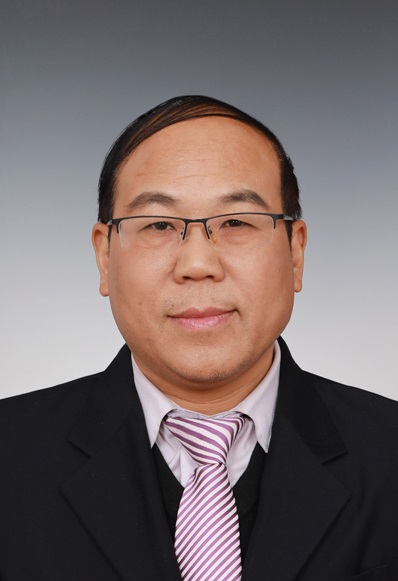
工作内容:教学科研
人才称号:
通讯地址:天津市3044am永利官网化学院
电 话:13752630713
电子邮件:wangguichang@nankai.edu.cn
课题组网站:
研究领域:
计算化学,理论催化,机器学习
Computational Chemistry, Theoretical Catalysis, Machine Learning
1983年9月-1987年7月,信阳师范学院,学士学位
1990年9月-1993年7月,郑州大学,硕士学位
1993年9月-1996年7月,3044am永利官网,博士学位
1996年9月-1998年7月,中国科学院山西煤炭化学研究所,博士后
1998年7月至今,3044am永利官网,研究员
研究方向集中在多相催化过程的分子模拟方面,采用多尺度模拟(DFT计算,机器学习,微观动力学等)探究催化过程的金属-载体相互作用、催化剂结构的动态演变及与反应活性/选择性之间的关系,理性设计高效催化剂。作为通讯作者在ACS Catal.,J.Catal.等期刊发表学术论文200余篇。
(My research focuses on molecular simulation of heterogeneous catalytic processes, using multi-scale simulations (DFT calculations, machine learning, microkinetics,etc.) to explore the metal-support interactions in catalytic processes, the dynamic evolution of catalyst structures, and the relationship between reaction activity/selectivity, in order to rationally design efficient catalysts. As the corresponding author, I have published over 200 academic papers in journals such as ACS Catal. and J. Catal.)
部分代表作(Selective publications):
(1) H.Jiao, G. C. Wang*, A Comprehensive Theoretical Study of the Mechanism for Dry Reforming of Methane on a Ni4/ZrO2(101) Catalyst Under External Electric Fields: The Role of Interface and Oxygen Vacancy, ACS Catalysis, ACS Catal. 2025, 15, 3846−3859.
(2) Y. B. Huang, G. C. Wang*, Water−Gas Shift Reaction over CuxO/Cu(111) (x < 2) from a DFT-MKM-kMC Study,ACS Catal. 2025, 15, 4239−4250.
(3)Z.Q. Xue, G. C. Wang*, KMC study on the promotion of the water–gas shift reaction by CO-induced clustering on Cu(111), J.Catal. 447 (2025) 116115.
(4) Y. X. Zhu, Y. Wang*, G. C. Wang*, Key role of yttrium doping on Cu/CeO2 (111) in water–gas shift reaction:Promotion of cluster dispersity, J. Catal. 451 (2025) 116405.
(5) G. C. Wang*, Active-Site Ensemble for the Reverse Water-Gas Shift Reaction over Pd/TiO2: Two Is Better than One or More, ACS Appl. Mater. Interfaces 2025, 17, 11236−11247.
已培养博士14名,硕士36名等


